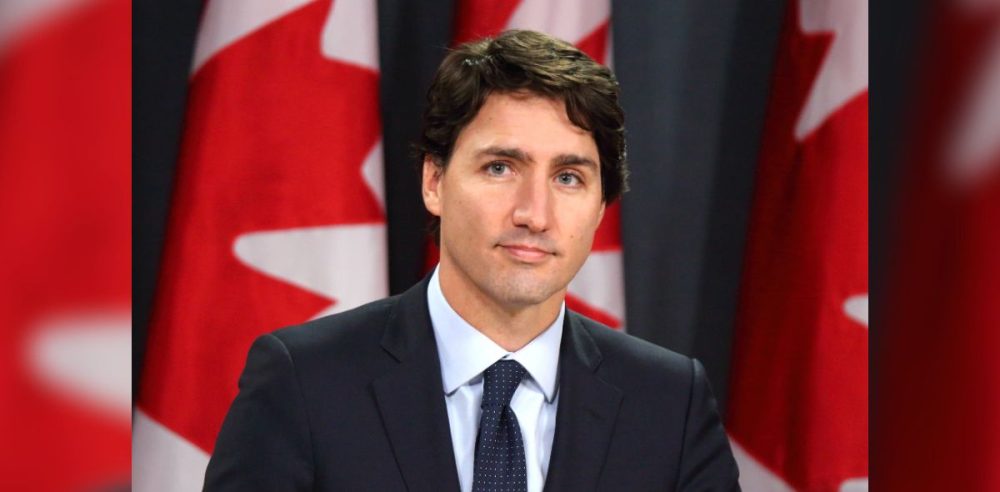Canadian Prime Minister Justin Trudeau has announced his resignation as leader of the Liberal Party, signaling the end of his more than nine-year tenure that shaped the nation’s political and cultural landscape.
Trudeau, 53, who will remain in office until a new leader is chosen, leaves amidst declining approval ratings and internal dissent within his party.
Once hailed as a progressive leader who brought “sunny ways” to Canadian politics, Trudeau now faces criticism over economic challenges, housing affordability crises, and rising inflation, reported ZeroHedge. His departure underscores the growing pressure from both the public and his own caucus, who have struggled to maintain confidence in his leadership amid these turbulent times.
While marked by significant achievements, Trudeau’s legacy now enters a period of reflection as the country looks to its next chapter.
The prime minister’s decision follows months of escalating tensions within the Liberal Party, exacerbated by the dramatic resignation of Chrystia Freeland, his former deputy prime minister and finance minister. Freeland’s parting letter, which criticized Trudeau for political distractions during critical economic times, fueled an already smoldering discontent among party members. Trudeau’s inability to reverse a downward trend in the party’s popularity, compounded by economic strains on Canadian households, left his position increasingly untenable.
Public opinion polls favor the opposition Conservative Party to win the next election, per ZeroHedge, putting added pressure on the Liberals to regroup and redefine their platform under new leadership.
This abrupt leadership change has thrown Canadian politics into a period of uncertainty. While Trudeau’s successor will be tasked with leading the party, they will also inherit the challenge of preparing for an election that may come sooner than expected. With opposition parties united in their call for a no-confidence vote, the Liberal government faces the possibility of collapse before October’s scheduled national vote.
Candidates like Dominic LeBlanc, Freeland, and Mark Carney have emerged as potential frontrunners in the leadership contest, reported ZeroHedge.
Trudeau’s administration’s economic policies, while initially praised for supporting Canadians during the pandemic, are now scrutinized for contributing to inflation and public debt. Housing affordability, a critical issue affecting millions, symbolized Trudeau’s inability to meet the expectations of middle-class Canadians.
Pierre Poilievre, leader of the Conservative Party, has been vocal about Canada’s economic issues, presenting a bold vision for change. Poilievre’s critiques of Canada’s productivity challenges and skyrocketing housing costs have resonated with voters frustrated by years of economic stagnation. His emphasis on reducing government interference, encouraging growth, and addressing inflation has positioned him as a compelling alternative to the Liberal agenda. With the Conservatives currently leading in public opinion polls, the stakes are high for the Liberals to counter this narrative and regain the trust of Canadian voters.
Trudeau’s departure also comes amid a broader wave of political upheaval among Western leaders.
Significant figures like U.S. President Joe Biden and U.K. Prime Minister Rishi Sunak have faced significant setbacks in recent months, reflecting global dissatisfaction with traditional political establishments. For Trudeau, this trend signals the end of an era as he joins a growing list of leaders forced to step aside in the face of mounting challenges.
The implications for Canada, both domestically and internationally, will depend on the country’s ability to adapt to this evolving political climate.


